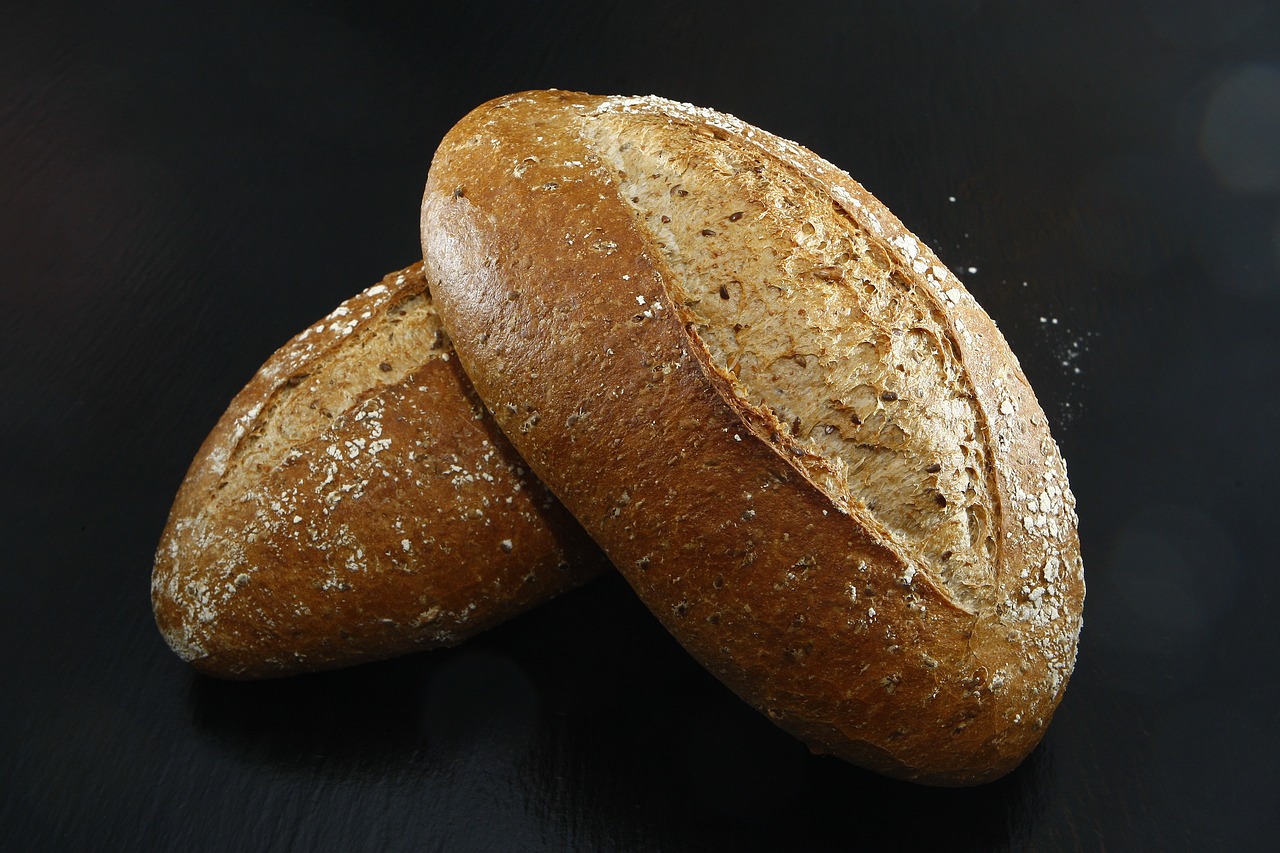Understanding the Connection Between Diet and Polycystic Ovary Syndrome (PCOS): Sky247 com login password, Gold365 game login, Gold 365 green
sky247 com login password, gold365 game login, gold 365 green: Understanding the Connection Between Diet and Polycystic Ovary Syndrome (PCOS)
Polycystic ovary syndrome, commonly known as PCOS, is a hormonal disorder that affects women of reproductive age. It is characterized by irregular periods, elevated levels of male hormones (androgens), and the presence of small cysts on the ovaries. PCOS can cause a range of symptoms, including weight gain, acne, excessive hair growth, and fertility issues. While the exact cause of PCOS is not fully understood, it is believed to be linked to insulin resistance, which can lead to an overproduction of androgens.
One of the key factors in managing PCOS is maintaining a healthy diet. The foods we eat can have a significant impact on our hormones and overall health, so it’s important for women with PCOS to be mindful of their dietary choices. In this article, we will explore the connection between diet and PCOS, and provide tips on how to support hormone balance and manage symptoms through nutrition.
How Diet Affects PCOS
Diet plays a crucial role in managing PCOS because certain foods can either exacerbate symptoms or help regulate hormone levels. Here are some ways in which diet can impact PCOS:
1. Insulin Resistance: Insulin resistance is a common feature of PCOS, and it can lead to weight gain and high levels of insulin in the blood. A diet high in refined carbohydrates and sugars can worsen insulin resistance, while a diet rich in whole foods and low in sugars can help improve insulin sensitivity.
2. Inflammation: PCOS is associated with chronic low-grade inflammation, which can contribute to symptoms such as acne and irregular periods. Foods that are high in inflammatory compounds, such as processed meats and sugary snacks, can make inflammation worse. On the other hand, anti-inflammatory foods like fruits, vegetables, and omega-3 fatty acids can help reduce inflammation in the body.
3. Hormone Balance: Hormonal imbalances are a hallmark of PCOS, and diet can play a role in regulating hormone levels. For example, certain foods like soy and flaxseeds contain phytoestrogens, which can help balance estrogen levels in the body. Eating a diet rich in fiber and plant-based proteins can also support hormone balance in women with PCOS.
Tips for a PCOS-Friendly Diet
If you have PCOS, making some simple changes to your diet can help manage symptoms and improve overall health. Here are some tips for creating a PCOS-friendly diet:
1. Focus on whole foods: Choose whole, unprocessed foods like fruits, vegetables, whole grains, and lean proteins. These foods provide essential nutrients and fiber, which can support hormone balance and weight management.
2. Limit refined carbohydrates: Foods like white bread, pasta, and sugary snacks can spike blood sugar levels and worsen insulin resistance. Instead, opt for complex carbohydrates like whole grains, legumes, and starchy vegetables.
3. Include healthy fats: Omega-3 fatty acids found in foods like salmon, walnuts, and flaxseeds can help reduce inflammation and support hormone balance. Include sources of healthy fats in your diet to promote overall health.
4. Watch your sugar intake: Limit foods and beverages that are high in added sugars, such as sodas, candy, and baked goods. Instead, satisfy your sweet tooth with natural sources of sugar like fruits and honey.
5. Stay hydrated: Drinking plenty of water is important for overall health and can help support hormone balance. Aim to drink at least eight glasses of water per day to stay hydrated.
6. Manage portion sizes: Pay attention to portion sizes and practice mindful eating to avoid overeating. Eating smaller, more frequent meals throughout the day can help regulate blood sugar levels and prevent energy crashes.
FAQs
Q: Can losing weight improve PCOS symptoms?
A: Yes, weight loss can help improve symptoms of PCOS, especially for women who are overweight or obese. Losing even a small amount of weight can lead to improvements in hormone levels, menstrual regularity, and fertility.
Q: Are there any supplements that can help with PCOS?
A: Some women with PCOS may benefit from taking certain supplements, such as inositol, vitamin D, and omega-3 fatty acids. However, it’s important to consult with a healthcare provider before starting any new supplement regimen.
Q: Is there a specific diet that is best for PCOS?
A: There is no one-size-fits-all diet for PCOS, as each woman may have different needs and preferences. However, focusing on whole foods, limiting refined carbohydrates, and including healthy fats and proteins can be beneficial for managing PCOS symptoms.
In conclusion, the connection between diet and PCOS is clear – what we eat has a direct impact on our hormones and overall health. By making mindful choices and following a PCOS-friendly diet, women with PCOS can support hormone balance, manage symptoms, and improve their quality of life. Remember to consult with a healthcare provider or nutritionist for personalized dietary recommendations to support your PCOS journey.







